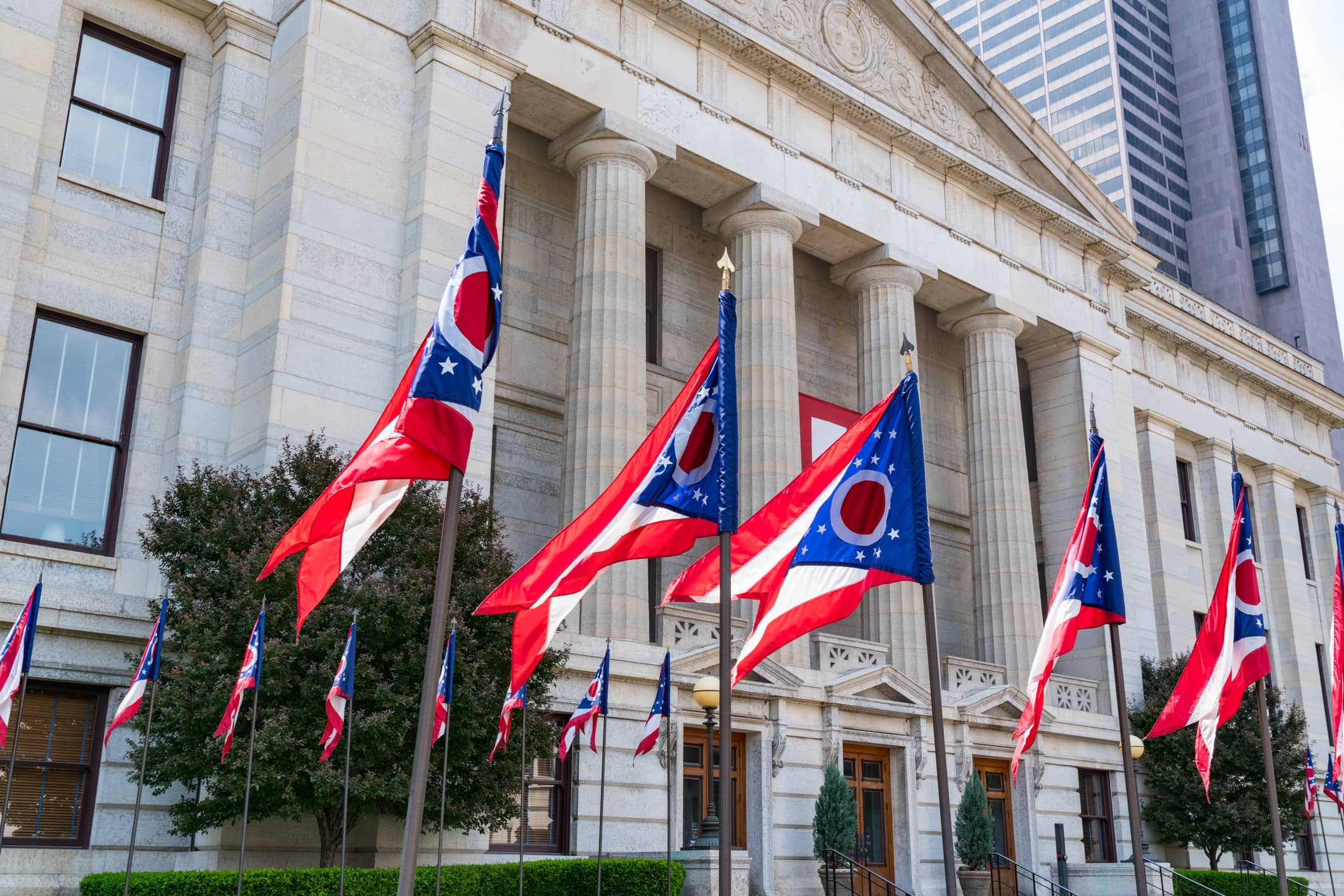
Ohio’s New Budget Bill: Key Tax Changes and Vetoes to Watch
On June 30, 2025, Governor Mike DeWine signed House Bill 96, the state’s biennial budget bill for fiscal years 2026–2027, into law. While the bill includes sweeping tax reforms, it also drew attention for the 67 line-item vetoes, many of which targeted tax provisions. Here’s what individuals and businesses need to know.
Major Tax Changes in HB96
Personal Income Tax
2025: The top income tax rate is retroactively reduced (back to January 1, 2025) from 3.5% to 3.125% for income over $100,000.
2026 and beyond: Ohio will implement a flat income tax rate of 2.75%, replacing the current tiered system.
Exemption Limits: Taxpayers with income exceeding $750,000 in 2025 and $500,000 in 2026 and beyond will no longer be eligible for:
Personal, spousal, and dependent exemptions
The joint filing credit
Pass-Through Entity (PTE) Tax
Tiered PTEs can now file their own PTET return (Form 4738) to claim credits for taxes paid by lower-tier entities, streamlining credit claims and reducing double taxation.
Sales and Use Tax Changes
Several exemptions have been eliminated, including:
Refrigerated food vending machines
Advertising materials and catalogs
Equipment and materials used by direct marketing vendors
Tangible personal property used in electronic publishing
Rental cars provided during vehicle repairs (when reimbursed by a manufacturer or warranty provider)
Telecommunications services used in call centers
Other Sales Tax Provisions
No interest will be paid on refunds of sales/use tax paid under a direct pay permit.
No interest on county tax refunds, though taxpayers must still pay interest on late payments.
Repeal of the 25% tax refund for electronic information service providers.
Vendor discount cap: Limited to $750 per vendor license per month, excluding motor vehicle sales and leases.
Governor’s Vetoes: What Was Struck Down?
Sales Tax Exemptions Preserved
Exemptions for newspapers, printed materials, and copyrighted motion pictures (including those used for advertising) were retained after the Governor’s veto.
Data Center Incentives
A proposed ban on new sales tax exemptions for computer data centers after October 1, 2025, was vetoed.
Real Property Tax Reforms
The Governor vetoed several high-profile property tax reform measures, including:
Limits on school district levies and emergency levy ballot initiatives.
Caps on school district carryover balances exceeding 40% of prior-year expenditures.
Authority for county budget commissions to reduce voter-approved levies.
Inclusion of certain levies in the 20-mill floor calculation for school funding.
In his veto message, DeWine emphasized the need for a more deliberate approach to property tax reform, announcing plans to convene a working group of legislators, school officials, and tax experts to develop long-term solutions.
What’s Next? Possible Veto Overrides
The Ohio House is scheduled to reconvene on July 21 to consider overriding several of the Governor’s vetoes, particularly those related to property tax reform. A three-fifths majority in both chambers is required to override any veto.
What Should Taxpayers Do?
Individuals: Review your 2025 and 2026 tax planning strategies in light of the new flat tax and exemption limits.
Businesses: Evaluate the impact of sales tax exemption eliminations and the new PTET credit structure.
Need Help Navigating These Changes? CSH is here to help you understand how Ohio’s new tax laws affect your personal and business finances. Contact us today to schedule a consultation.





